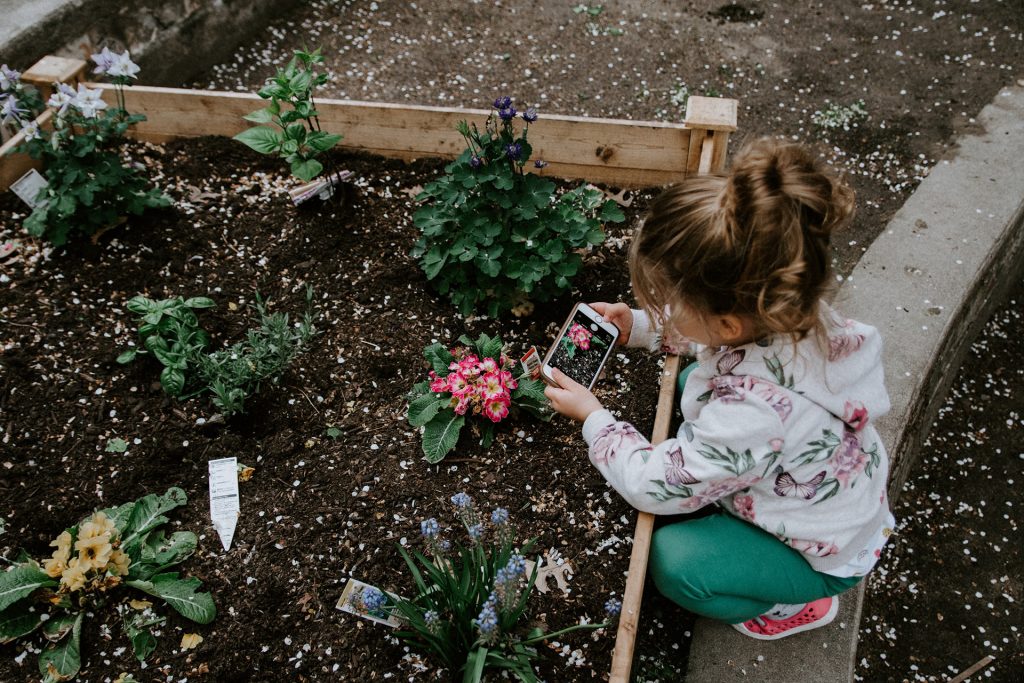
What Is Companion Planting In A Vegetable Garden?

If you’re new to gardening, you’ve probably heard of “companion planting,” and you may be wondering if it’s right for your vegetable garden. In this blog from The Soil King, we’ll look at the basics of companion planting and its benefits. Let’s get started.
What Is Companion Planting?
Vegetable garden companion planting is exactly what it sounds like. In this method of gardening, multiple different vegetables and herbs are planted near each other – and they help improve each other’s health and growth. It’s a time-honored method of maximizing what you can grow in your garden, and a great way to make the most of limited space.
The Benefits Of Companion Planting For Vegetable Gardens
Why bother with companion planting? Here are a few benefits of this method of planting your vegetable garden.
- Maximize growing efficiency – By growing plants that are complementary to each other, you can fit more plants into your garden, so you can do more with a smaller plot and maximize efficiency.
- Repel pests – Some plants (herbs in particular) can help repel pests like insects, which leads to a healthier garden.
- Fight back against weeds – If your garden is full of healthy plants that are growing alongside each other, it will be harder for weeds to thrive and prosper, so companion planting can help suppress weeds.
- Improved health & yields – Companion planting helps enrich your soil with nutrients, provides shade for smaller plants, and has a number of other advantages that help improve plant health and overall yields.
What Can I Use For Companion Planting?
Want some ideas for vegetable garden companion planting? Here are some herbs and vegetables that are commonly used in companion planting.
- Marigold is probably the most well-known plant for repelling insects. If you choose marigolds for your garden they must be scented to work as a repellant.
- Dill and basil are ideal for planting near tomatoes, and can help repel tomato hornworms
- Sage repels cabbage moths, making it an ideal choice to plan alongside cabbage
- Nasturtiums are preferred by aphids, and can lure pests away from your vegetables
- Root vegetables like carrots and parsnips attract praying mantises, which feed on insect pests
- Spinach and Swiss chard thrive when grown under tall, shady plants like corn
- Thyme helps fight cabbageworm, and can be planted alongside broccoli, cabbage, Brussels sprouts, and cauliflower
Learn More About Companion Planting At The Soil King!
As you can see, companion planting is a powerful way to improve the health of your vegetable garden. Got more questions or need help? Come to The Soil King to get tips from our expert gardeners – and to pick up all of the seeds and products you need for your new home garden.
